Unfortunate events happen every day, all over the planet. It’s the case right now in Maui, one of the islands of Hawaii, the American archipelago in the Pacific. Travelers often make too much of a fuss about this sort of thing, but the fires on Maui are definitely very, very serious.
It’s obvious that you shouldn’t go in the area near the city of Lahaina right now. But it should be just as obvious that you shouldn’t cancel a planned trip to Maui in 2024…
Yes, we’re already starting to get questions about trips in April 2024 (!!!) and to Honolulu to boot (a bit like those who wanted to cancel trips to Croatia (!??) because of the Russian invasion of Ukraine).
So since our mission is to help travelers with all aspects of travel, here’s what the situation is in Maui (and reminders about these kinds of events in general) to inform you.
Basics of trips to destinations where something has happened
I’m going to start with the basics on the subject more generally, because it’s important (and because I promised a detailed article on this and it’s not done yet).
What a lot of people don’t understand when they make a fuss about crises (and when they overreact), is that almost all the unfortunate events that happen in the world are:
- Extremely limited in terms of space
- Extremely limited in terms of time
When something happens, it happens in a specific place. It doesn’t usually affect places 500 kilometers away, as some people seem to think.
And when something happens, it happens at a specific time. It doesn’t usually last 1 year (or worse), as some people seem to think too!
Anyway, it’s important to understand this, because traveling is the best way to discover that the world isn’t the dangerous minefield many people sadly believe it to be (often by listening too much to the mainstream media; you should obviously do less of that).
Many people pretty much always overestimate the danger of going somewhere. That’s a fact.
I insist on repeating it, because I’d even say that being afraid of everything and having prejudices like so many people have… is downright a bit incompatible with being a traveler!
It’s normal to be scared as the initial reaction, but it’s not normal to stay that way, to not get informed, and to not want to become a better human being.
It’s not normal to deprive yourself of traveling, at least not for risks that are factually much lower than those you take every day at home, like just driving. At least not if you’re a traveler.
But it’s not just the risk to yourself to consider when there’s a terrible event.
After a sad event, a place’s resources are limited and sometimes it’s best not to visit for a while.
Not because it’s risky, but because it can harm the locals (and/or be less pleasant for yourself). It’s something else entirely.
And that’s pretty much the situation on the west side of the island of Maui today.
Situation in Hawai
Here’s what it’s all about for those with trips planned to Maui in the coming weeks (not April 2024).
First, the very basics:
- To be clear: Oahu, Kauai, Lanai, Hawaii (Big Island) have NOTHING to do with this!!!
- Maui is the ONLY island seriously affected
- Maui is the ONLY island that it’s recommends to avoid (and not even the whole island…)
But, well, government recommandations aren’t always great. Especially those from the Government of Hawaii, that has been even more incompetent than the usual incompetent governments, for everything about this crisis’ management (according to pretty much everyone).
Let’s look at all that.
Situation on other islands
Let’s start with the most simple part, the archipelago’s other islands.
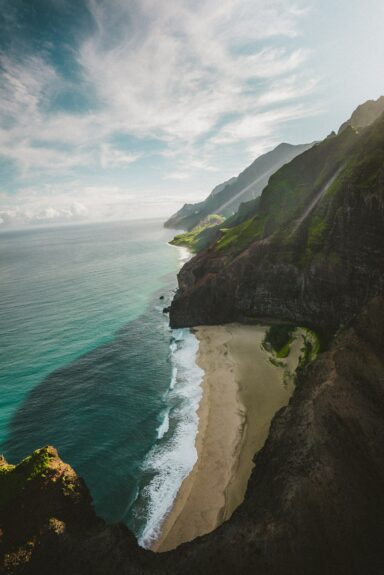
I’ll quote Hawaii’s state government (bolding is mine):
We encourage travelers to consider visiting other areas of Maui (including Kahului, Wailuku, Kīhei, Wailea, Mākena, Pāʻia and Hāna), or other islands such as Kauaʻi, Oʻahu, Lānaʻi, Molokaʻi and Hawaiʻi Island.
I’ll quote Hawaii’s Governor (bolding is mine):
And the rest of the state, of course, is also safe.
Obviously, the disaster has certain impacts on the other islands (Maui citizens taking refuge elsewhere that can make lodging scarce and things like that).
And you should inform yourself (as you should always inform yourself). And the situation can change, as any situation can always change in any country.
But it’s really Maui that’s affected. The other islands are separate islands, it’s not the same thing at all.
Honolulu is over 100 kilometers away from the wildfire, not to mention the OCEAN in between. Kauai is even further (there’s also an ocean there). The Big Island has its own fires, but nowhere near as serious (and as the name suggests, it’s big… so there are plenty of places to go).
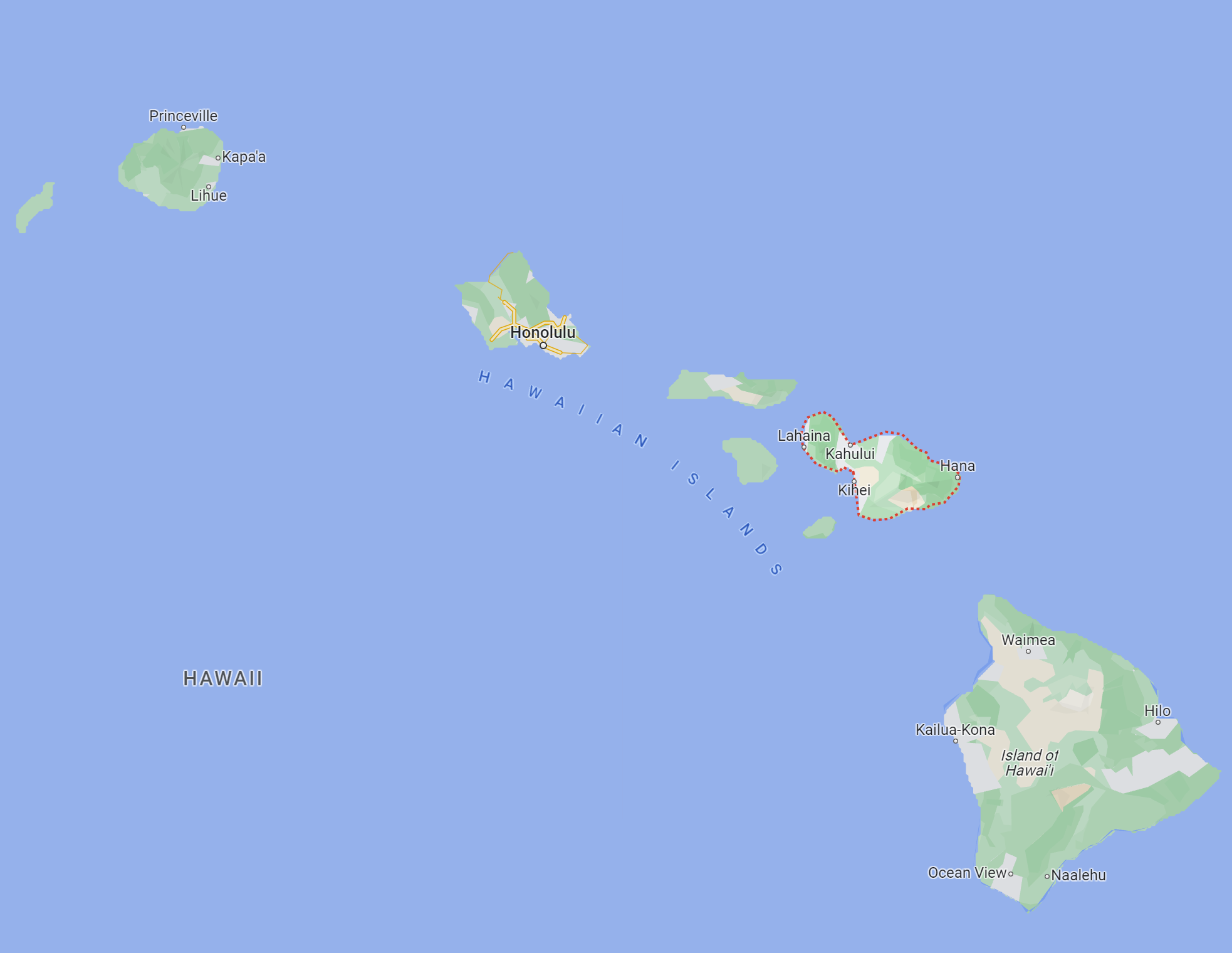
Situation in Maui
Many people think that travel to the whole island of Maui is not recommended, but the facts say otherwise.
The government of the State of Hawaii recommends avoiding just the western part of the island of Maui, not even the whole island.
But that certainly doesn’t mean you should go to Maui…
Governments are very far from being a reference that really represents what the population itself wants and thinks (another thing you should clearly know if you’ve traveled at all). Just like they are often overly alarmist with travel advisories too (especially Canada’s).
But unless you know some locals who can give you a different perspective, it’s hard to find information about disasters, especially so soon after. So information from local authorities is probably the best you can find to inform yourself, unfortunately.
(The local government, not Canada’s travel advisories that you should always take with a huge chunk of salt!)
Should you travel to Maui? (AT THIS TIME)
Despite their government saying from the start that the rest of the island is okay, in practice people are never really rational when they’re scared and all wanted to leave the island in a hurry (not just the western part of the island), even if the risk to themselves wasn’t very high.
Here’s the map provided by the government showing the areas to avoid.
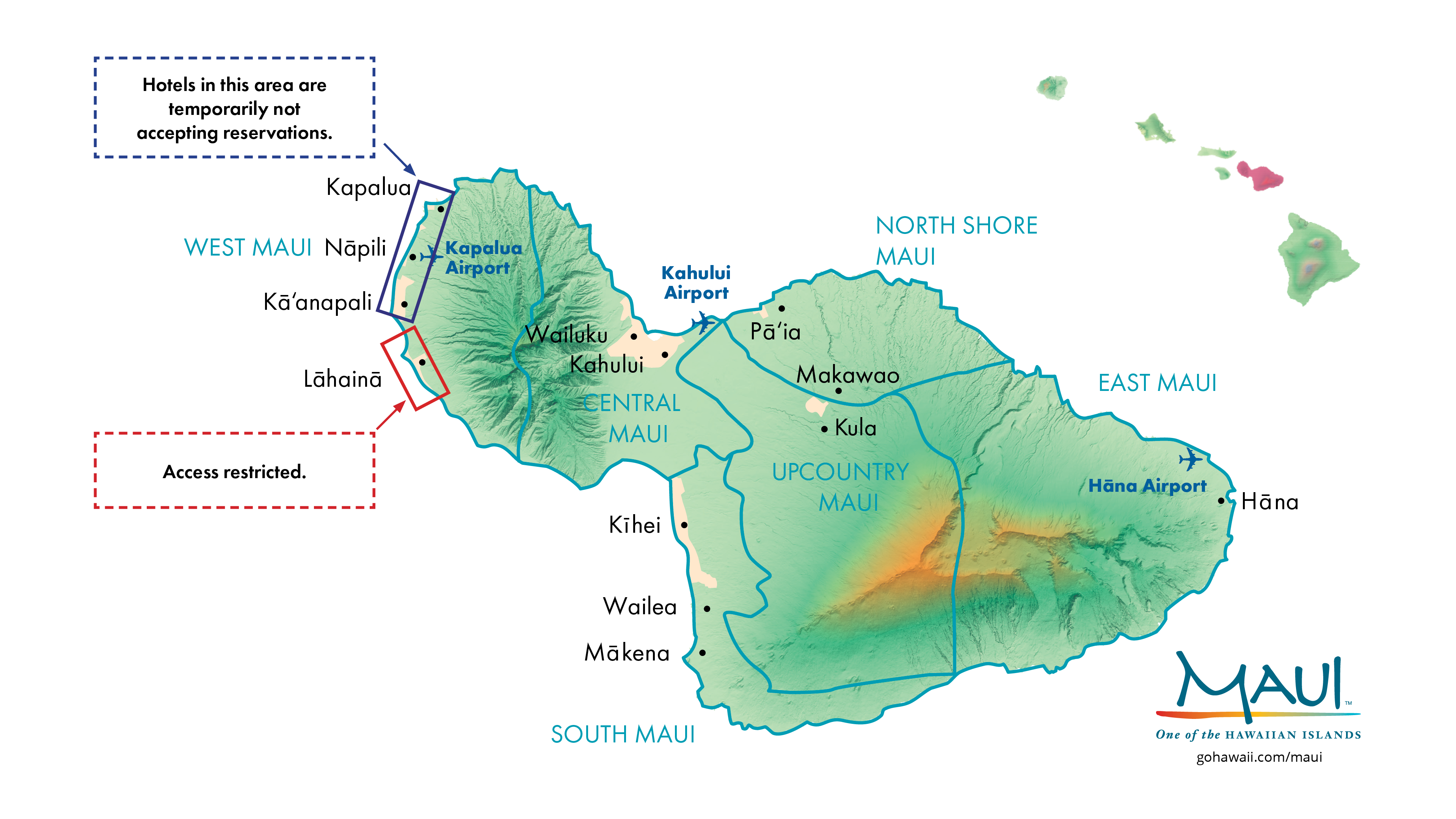
That said… it’s also an island with limited resources that has just experienced the worst fire-related disaster the USA has had in over a century!
While it’s not recommended to avoid the rest of the island (by their government), maybe it’s not the best time (right now) to go to Maui.
At the same time, it’s always the same dilemma with these situations, with 2 sides:
- Locals need to focus on getting back on their feet
- And tourism is a non-essential distraction
- Locals need financial help more than ever
- And tourism is a major part of the local economy
A lot of people in Maui depend on tourism for their livelihood.
It’s really a personal matter of preference (a bit like choosing to travel to countries where the governments are really more terrible than all the other governments),
If you do decide to go, it’s clearly not problematic. The Hawaii Government doesn’t ask you not to go to the rest of the island of Maui, just the Western part. So it’s not against any laws, rules, guidelines, or recommendations.
When it comes to deciding whether or not to go somewhere after such an event, relying on what the locals want is often a good idea. In Hawaii, the problem is that even without a disaster, there’s a pretty vocal portion of the population who hate all travelers and don’t want them to come at all, so they sure want it even less now.
But from what I’ve seen personally, the locals don’t seem to think visiting the rest of the island of Maui is a good idea right now, contrary to the advice of the Hawaii government.
Not at all. The recommendations have been strongly criticized.
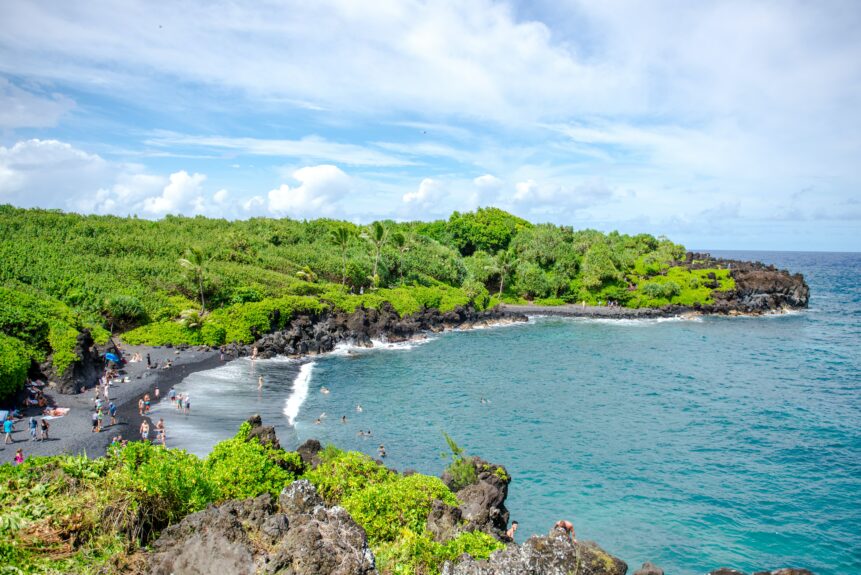
So it’s more a personal question. For example, even having visited 70 countries, why have I never been to Barcelona or Venice: personally, I’m not particularly attracted to going to places where many people literally don’t want you at all and hate travelers.
Interacting with the locals and learning about their life and culture is too big a part of traveling for me, so going to Maui right now doesn’t really appeal to me: the locals have much more pressing things to do.
(Zero risk; just not pleasant!)
But all travelers are different, and that’s okay. It’s up to you to decide what you want to do, like a responsible adult. Gather as much information as you can and make an informed decision based on your own preferences, quite simply.
As you should for any decision.
We’re certainly not going to tell you what to do with your life; no one else should decide that for you (no matter the topic).
If you want to read the full alert and situation updates from the only sources that matter, the ones on the ground (not the Canadian government, not the media), you can visit the official website of the State of Hawaii’s government tourism agency.
Should you travel to Maui? (LATER)
No one knows how long it will take for Maui to get back on its feet. Nobody knows.
However, what savvy travelers always know is that there’s absolutely no reason to cancel so far in advance (and it’s even bad for you).
(And what all travelers who have opened their minds and broadened their horizons by traveling should also always know, is that impulsive, emotional, and irrational reactions are not such a good idea!)
So relax and breathe.
Even if you’re already 100% sure you won’t be going to Maui.
Prepare a plan B
If you really want to visit Maui, wait and see how the situation evolves.
The government recommends not going to the Western part of the island for August only and hotels in the affected area currently have early September as their reopening date, even though this can obviously change.
Of course, have a plan B ready too.
This can be as simple as adding a $52 flight between Maui and Kailua-Kona on the neighboring island, for example.
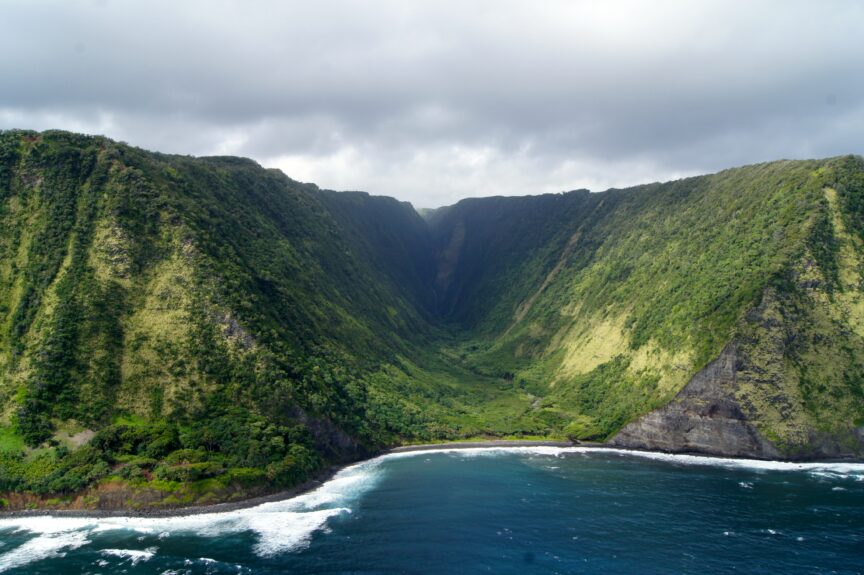
If you still don’t want to go to Maui closer to your trip, worst case you just simply add a flight. It’s something you should do very often anyway just to save money, our self-transfer tip.
Inter-islands flights are pretty affordable.

But since I’m always surprised that people don’t know this, let me remind you that Maui and Hawaii are downright among the worst places in the world to travel for those who want to save money (and therefore for those who want to travel more). It’s prohibitively expensive.
Unfortunately, many people book deals for Canada-Hawaii flights, which we often spot in the $300s roundtrip (or $400s from Toronto and Montreal), without looking at the cost once you’re at the destination.
(Our free ebook with the 7 best tips to save on travel, and 100+ more tips, obviously includes choosing affordable destinations!)
So maybe it’s better to change your destination. At least if you want to travel for less or more often.
You can start preparing your plan B.
Get a refund
Even if you’ve already made up your mind that you don’t want to go to Maui anymore (no matter the reason), you still shouldn’t cancel your flight just yet. Unless, of course, your flight is 100% refundable or changeable free of charge (or the airline is offering free changes, which they may do for Maui).
Flight pros know that even if you’re sure you’re going to cancel a flight, you should wait as long as possible to do so (assuming that cancelation or modification fees are the same regardless of the date — it’s often the case).
Because the longer you wait to cancel, the more likely it is that the airline will change your flight schedule. Especially if tourism to Maui is as greatly affected as it should be, it’s even very likely that schedules will change.
And as soon as an airline changes your flight schedule (sometimes by as little as 1 hour), you’re automatically entitled to a full refund in cash. This saves you from change fees and from those terrible travel credits and vouchers that force you to stay with an airline that probably won’t have the best prices and options for your next trip obviously.
But sadly, like so many travel tips that are so simple, a lot of people don’t even know this possibility exists. I once had 10 non-refundable flights to cancel for a trip, and I was able to get a refund on 9 of them because I waited and there were lots of schedule changes! So easy! But that’s a story for another day.
As for lodging, hotels are almost always refundable for free anyway (up until a deadline). That’s the benefit of booking your lodging independently like a savvy traveler (which is also much cheaper obviously).
And if you follow us, you know how much Kevin, Flytrippers’ other co-founder, loves rentals like Airbnb, Vrbo, Marriott Homes & Villas, and Sonder — and how much I hate them. It’s often more complicated to cancel with those platforms. Check the terms.
Of course, as all savvy travelers should always do, if you’ve paid with a credit card with trip cancelation insurance included for free, you’ll likely be covered for everything anyway if the provider won’t give you a refund. I’ll have a more detailed post about insurance very soon.
| Best credit cards for trip cancelation insurance |
|||||||||||||||||||||||||||||||||||||||||||||||||||||||||||||||||||||||||||||||||||||||||||||||||||
|---|---|---|---|---|---|---|---|---|---|---|---|---|---|---|---|---|---|---|---|---|---|---|---|---|---|---|---|---|---|---|---|---|---|---|---|---|---|---|---|---|---|---|---|---|---|---|---|---|---|---|---|---|---|---|---|---|---|---|---|---|---|---|---|---|---|---|---|---|---|---|---|---|---|---|---|---|---|---|---|---|---|---|---|---|---|---|---|---|---|---|---|---|---|---|---|---|---|---|---|
 Valuation (BONUS) Valuation (BONUS)Rewards: ≈ $100
Card fee: $149
Spend required:$0 no welcome bonus
Best for: No FX fee $100 annual credit
|
|||||||||||||||||||||||||||||||||||||||||||||||||||||||||||||||||||||||||||||||||||||||||||||||||||
 Valuation (BONUS) Valuation (BONUS)(≈ 5.3% back on $12k)
Rewards: ≈ $641
Annual fee: $0 $139
Spend required:$12k in 12 mos.
Best for: Most valuable airline rewards in Canada
|
|||||||||||||||||||||||||||||||||||||||||||||||||||||||||||||||||||||||||||||||||||||||||||||||||||
 Valuation (BONUS) Valuation (BONUS)(≈ 2.2% back on $24k)
Rewards: ≈ $1126
Annual fee: $599
Spend required:$24k in 12 mos.
Best for: Air Canada lounge access and 6 passes (other lounges)
|
|||||||||||||||||||||||||||||||||||||||||||||||||||||||||||||||||||||||||||||||||||||||||||||||||||
| Terms and conditions apply. Flytrippers editorial opinion only. Financial institutions are not responsible for maintaining the content on this site. Please click "See More" to see most up-to-date information. |
|
Best credit cards for trip cancelation insurance |
|||||||||||||||||||||||||||||||||||||||||||||||||||||||||||||||||||||||||||||||||||||||||||||||||||
|---|---|---|---|---|---|---|---|---|---|---|---|---|---|---|---|---|---|---|---|---|---|---|---|---|---|---|---|---|---|---|---|---|---|---|---|---|---|---|---|---|---|---|---|---|---|---|---|---|---|---|---|---|---|---|---|---|---|---|---|---|---|---|---|---|---|---|---|---|---|---|---|---|---|---|---|---|---|---|---|---|---|---|---|---|---|---|---|---|---|---|---|---|---|---|---|---|---|---|---|
 Valuation (BONUS) Valuation (BONUS)
Rewards: ≈ $100
Card fee: $149 Spend required:
$0 no welcome bonus
Best for: No FX fee $100 annual credit
|
|||||||||||||||||||||||||||||||||||||||||||||||||||||||||||||||||||||||||||||||||||||||||||||||||||
 Valuation (BONUS) Valuation (BONUS)
Rewards: ≈ $641
Annual fee: $0 $139 (≈ 5.3% back on $12k)
Spend required:
$12k in 12 mos.
Best for: Most valuable airline rewards in Canada
|
|||||||||||||||||||||||||||||||||||||||||||||||||||||||||||||||||||||||||||||||||||||||||||||||||||
|
150k/200k
 Valuation (BONUS) Valuation (BONUS)
Rewards: ≈ $1126
Annual fee: $599 (≈ 2.2% back on $24k)
Spend required:
$24k in 12 mos.
Best for: Air Canada lounge access and 6 passes (other lounges)
|
|||||||||||||||||||||||||||||||||||||||||||||||||||||||||||||||||||||||||||||||||||||||||||||||||||
|
12k
 Valuation (BONUS) Valuation (BONUS)
Rewards: $875
Card fee: $0 $120 (11.7% back on $7.5k)
Spend required:
$7.5k in 12 mos. (or $2k)
Best for: 5-6X rate & simple pts & no FX fees
|
|||||||||||||||||||||||||||||||||||||||||||||||||||||||||||||||||||||||||||||||||||||||||||||||||||
 Valuation (BONUS) Valuation (BONUS)
Rewards: ≈ $484
Card fee: (≈ 16.1% back on $3k)
Spend required:
$3k in 4 mos.
Best for: Simple points & 4 free airport lounge passes
|
|||||||||||||||||||||||||||||||||||||||||||||||||||||||||||||||||||||||||||||||||||||||||||||||||||
|
60k/100k
 Valuation (BONUS) Valuation (BONUS)
Rewards: ≈ $525
Card fee: $120 Spend required:
no min.
spend Best for: Very lucrative rewards for flights
|
|||||||||||||||||||||||||||||||||||||||||||||||||||||||||||||||||||||||||||||||||||||||||||||||||||
|
No min. inc.
 Valuation (BONUS) Valuation (BONUS)
Rewards: ≈ $1330
Card fee: $250 (≈ 108% back on $1k)
Spend required:
$1k in 12 mos. spend $1k/mo. for 12 mos. &
make 1 purchase in months 15-17 Best for: 4 passes for a few Canadian lounges
|
|||||||||||||||||||||||||||||||||||||||||||||||||||||||||||||||||||||||||||||||||||||||||||||||||||
 Valuation (BONUS) Valuation (BONUS)
Rewards: ≈ $1901
Card fee: $799 (≈ 11.0% back on $10k)
Spend required:
$10k in 3 mos. spend $10k in 3 mos. &
make 1 purchase in months 15-17 Best for: Unlimited access to 1400+ airport lounges
|
|||||||||||||||||||||||||||||||||||||||||||||||||||||||||||||||||||||||||||||||||||||||||||||||||||
 Valuation (BONUS) Valuation (BONUS)
Rewards: ≈ $1041
Card fee: $599 (≈ 5.9% back on $7.5k)
Spend required:
$7.5k in 3 mos.
Best for: Air Canada lounge access & other AC benefits
|
|||||||||||||||||||||||||||||||||||||||||||||||||||||||||||||||||||||||||||||||||||||||||||||||||||
 Valuation (BONUS) Valuation (BONUS)
Rewards: $775
Annual fee: $0 $139 (15.5% back on $5k)
Spend required:
$5k in 6 mos.
Best for: Highest offer for simple points use for any trip
|
|||||||||||||||||||||||||||||||||||||||||||||||||||||||||||||||||||||||||||||||||||||||||||||||||||
|
80k/150k
 Valuation (BONUS) Valuation (BONUS)
Rewards: ≈ $998
Card fee: $0 $120 (≈ 5.0% back on $20k)
Spend required:
$20k in 12 mos. (or $4.5k/$10k)
Best for: AIR MILES rewards & benefits
|
|||||||||||||||||||||||||||||||||||||||||||||||||||||||||||||||||||||||||||||||||||||||||||||||||||
 Valuation (BONUS) Valuation (BONUS)
Rewards: $330
Card fee: $0 $150 (7.3% back on $4.5k)
Spend required:
$4.5k in 3 mos.
Best for: 4 airport lounge passes & simple pts
|
|||||||||||||||||||||||||||||||||||||||||||||||||||||||||||||||||||||||||||||||||||||||||||||||||||
 Valuation (BONUS) Valuation (BONUS)
Rewards: $200
Card fee: $0 $120 (10% back on $2k)
Spend required:
$2k in 3 mos.
Best for: Best cashback card & 4% earn rate
|
|||||||||||||||||||||||||||||||||||||||||||||||||||||||||||||||||||||||||||||||||||||||||||||||||||
|
12k
 Valuation (BONUS) Valuation (BONUS)
Rewards: $1000
Card fee: $399 (6.0% back on $10k)
Spend required:
$10k in 14 mos. (or $3k)
Best for: 10 airport lounge passes & no FX fees
|
|||||||||||||||||||||||||||||||||||||||||||||||||||||||||||||||||||||||||||||||||||||||||||||||||||
 Valuation (BONUS) Valuation (BONUS)
Rewards: ≈ $300
Card fee: $150 Spend required:
$0 no welcome bonus
Best for: Covers all pts redemptions & YUL lounge access
|
|||||||||||||||||||||||||||||||||||||||||||||||||||||||||||||||||||||||||||||||||||||||||||||||||||
| Terms and conditions apply. Flytrippers editorial opinion only. Financial institutions are not responsible for maintaining the content on this site. Please click "See More" to see most up-to-date information. |
Want to get more content to learn about travel planning?
Summary
The situation on Maui is very, very serious. Not on the other Hawaiian islands, of course, because they’re different islands. Probably better not to go to Maui now, but for later, nobody knows if the situation will return to normal in 1 month or in 1 year. So follow the situation closely if you wanted to go to Maui later.
What would you like to know about if you should travel to Maui, Hawaii? Tell us in the comments below.
See the deals we spot: Cheap flights
Explore awesome destinations: Travel inspiration
Learn pro tricks: Travel tips
Discover free travel: Travel rewards
Featured image: Fire in the town of Lahaina (photo credit: Wikipedia Commons)

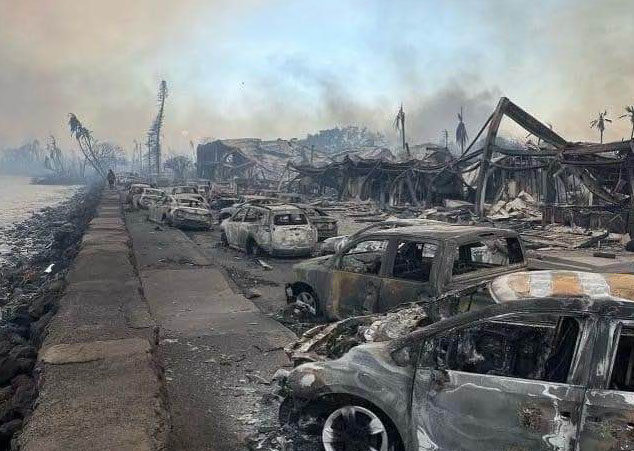

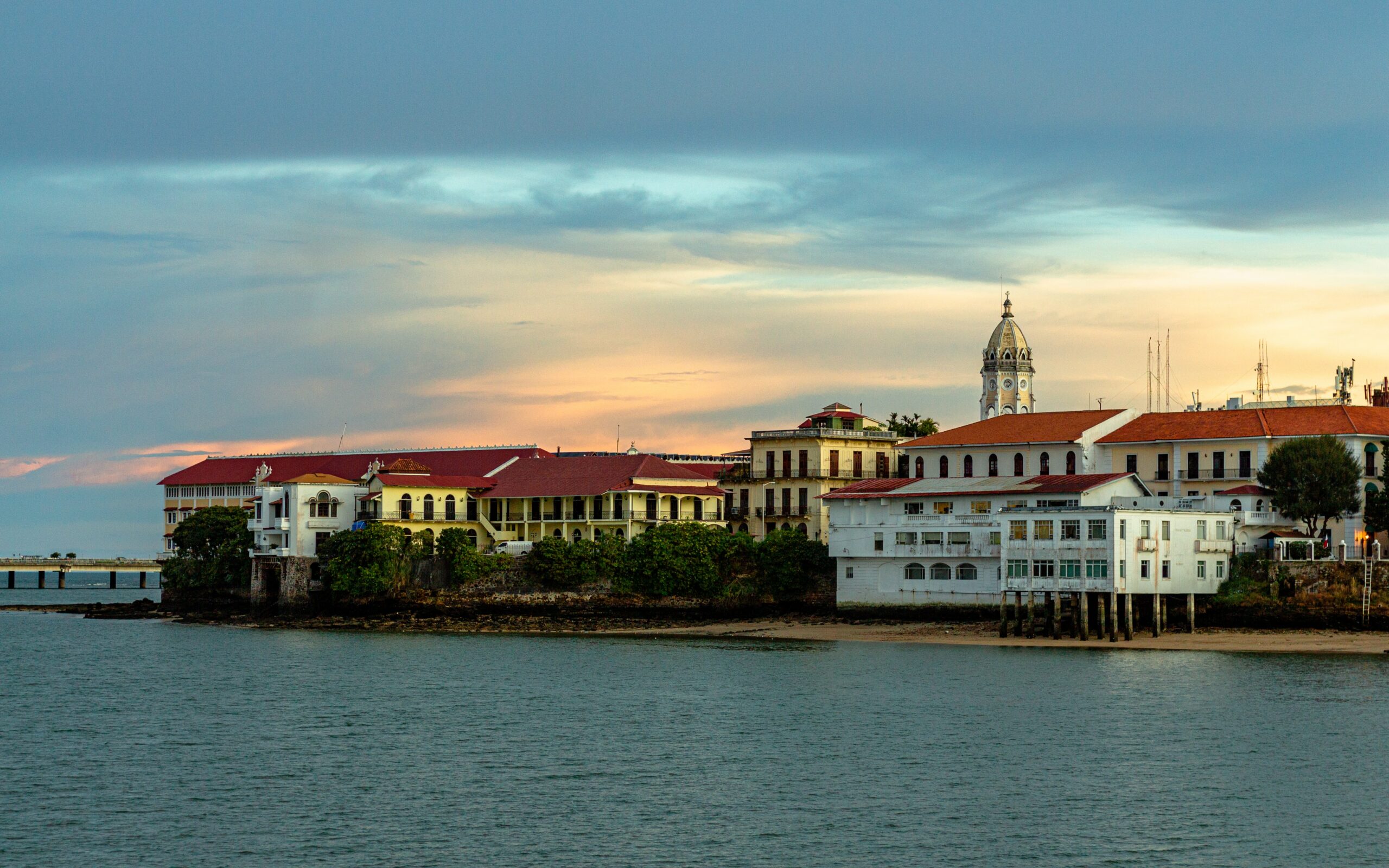

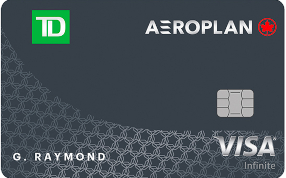
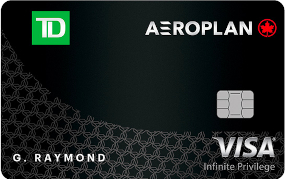
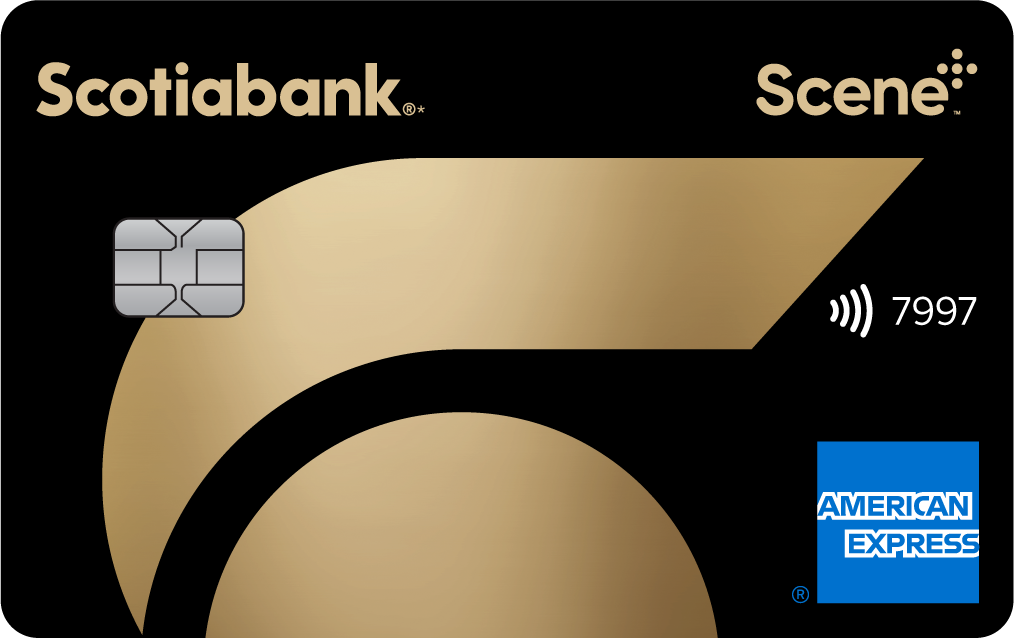
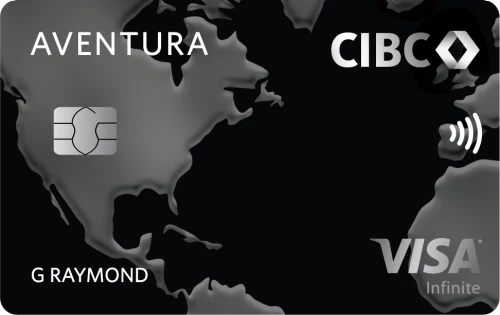
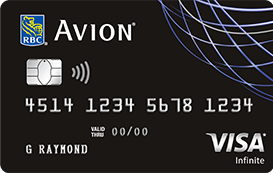
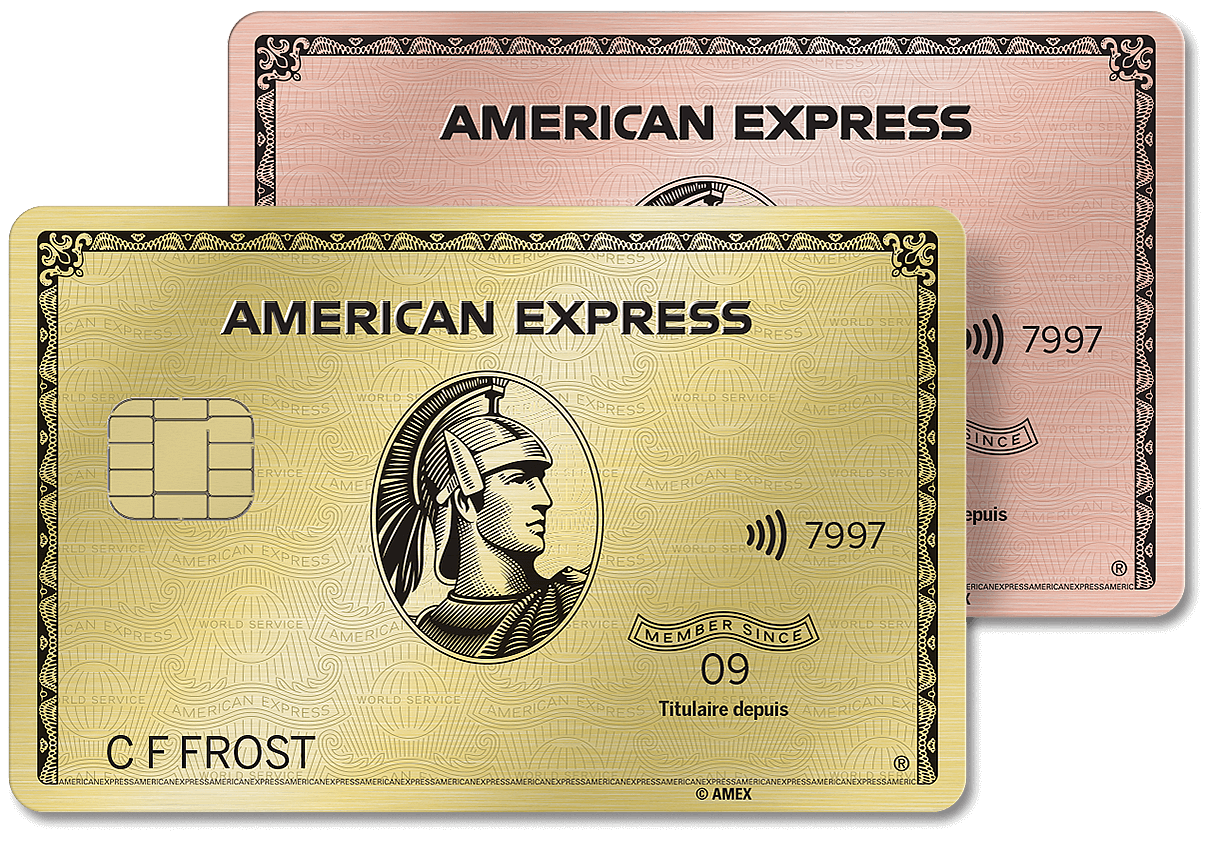
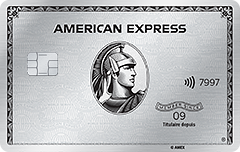
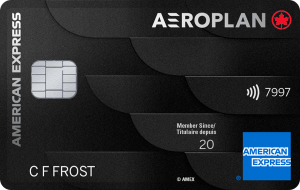
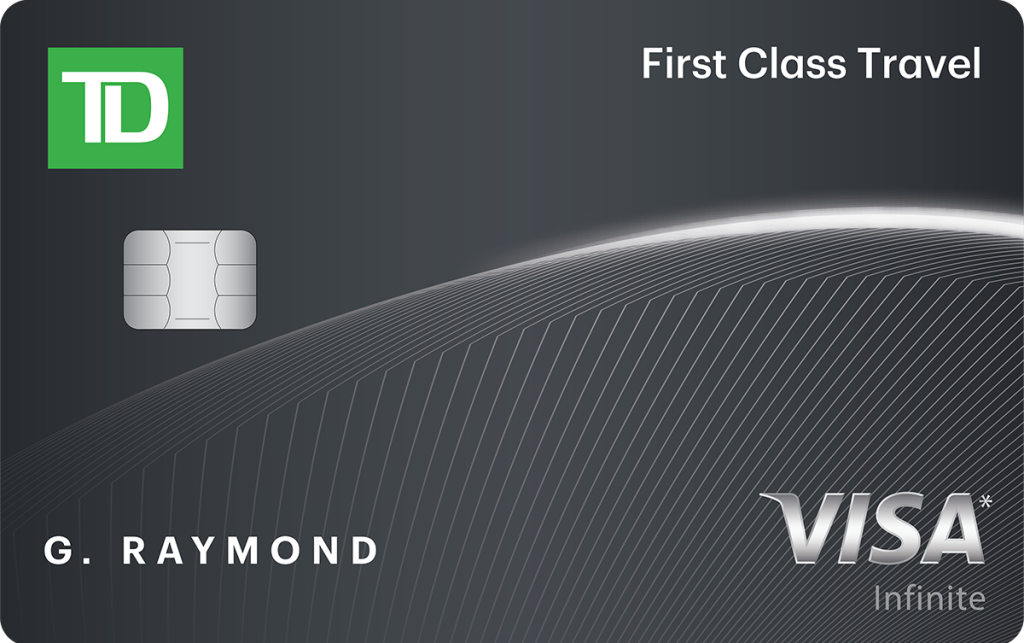
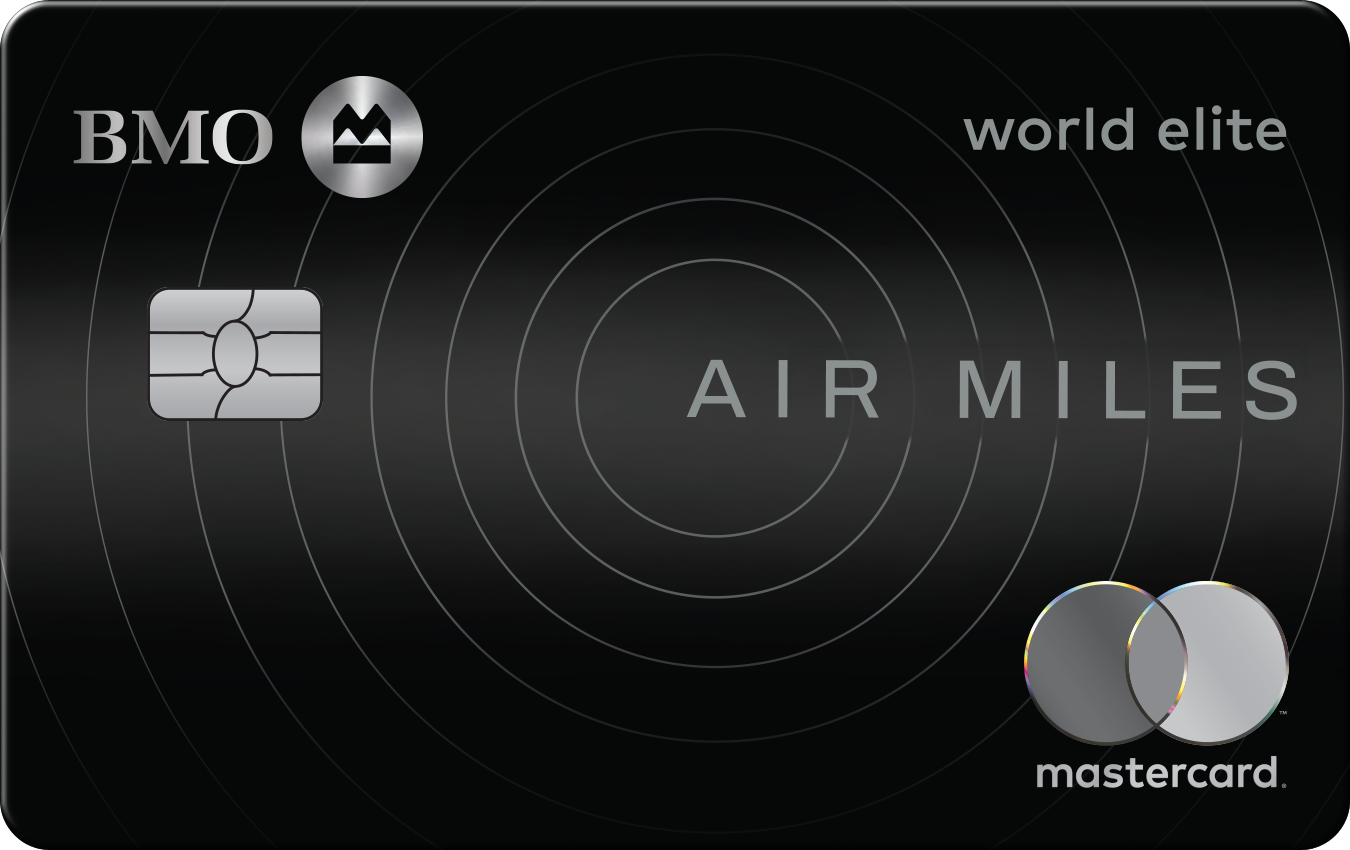
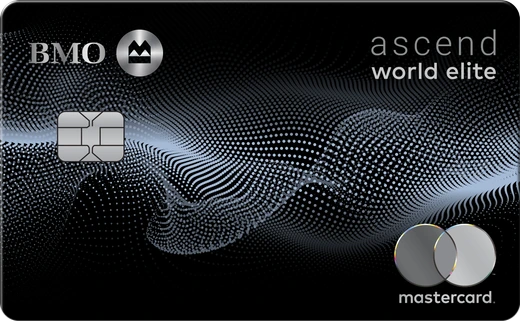
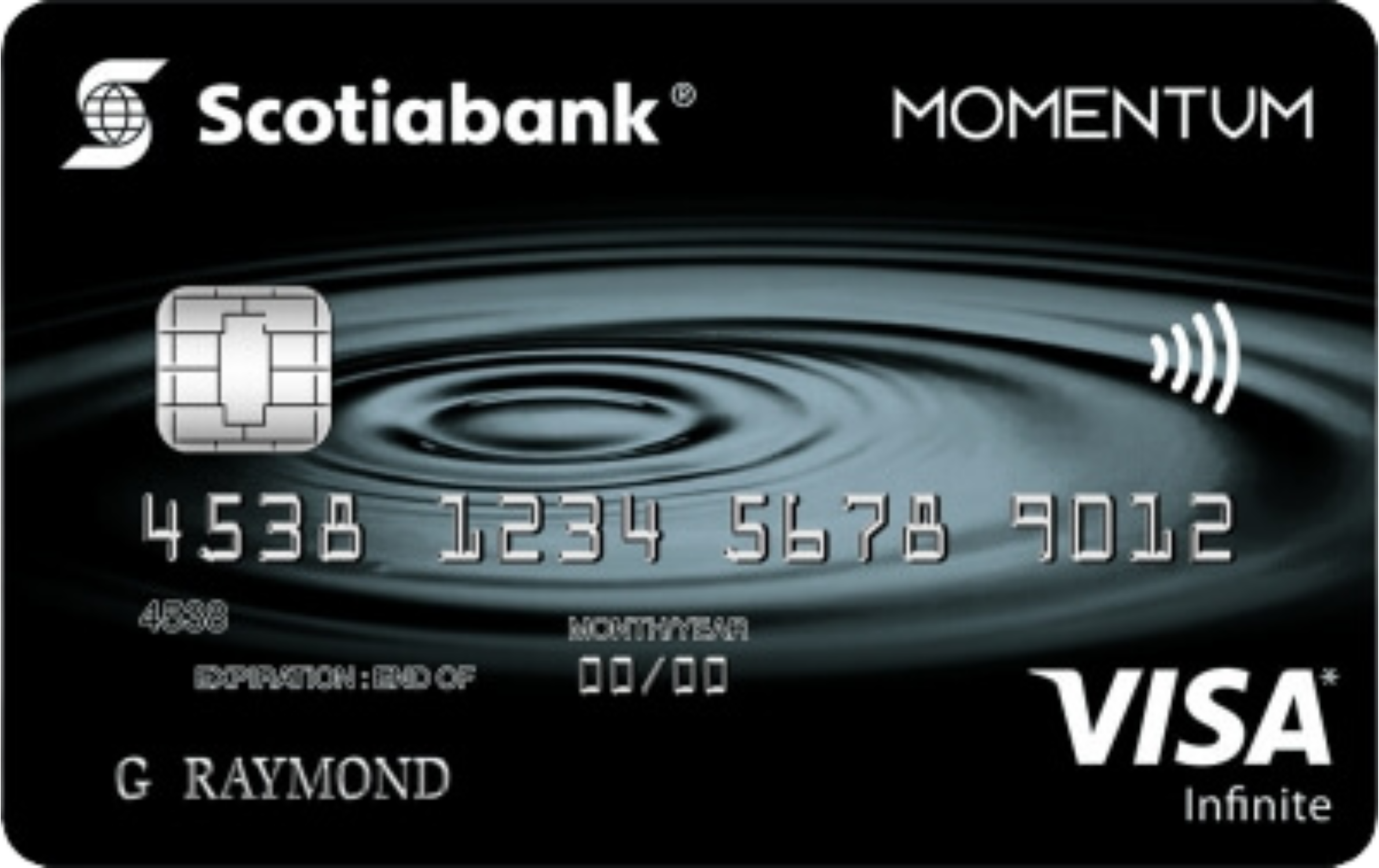
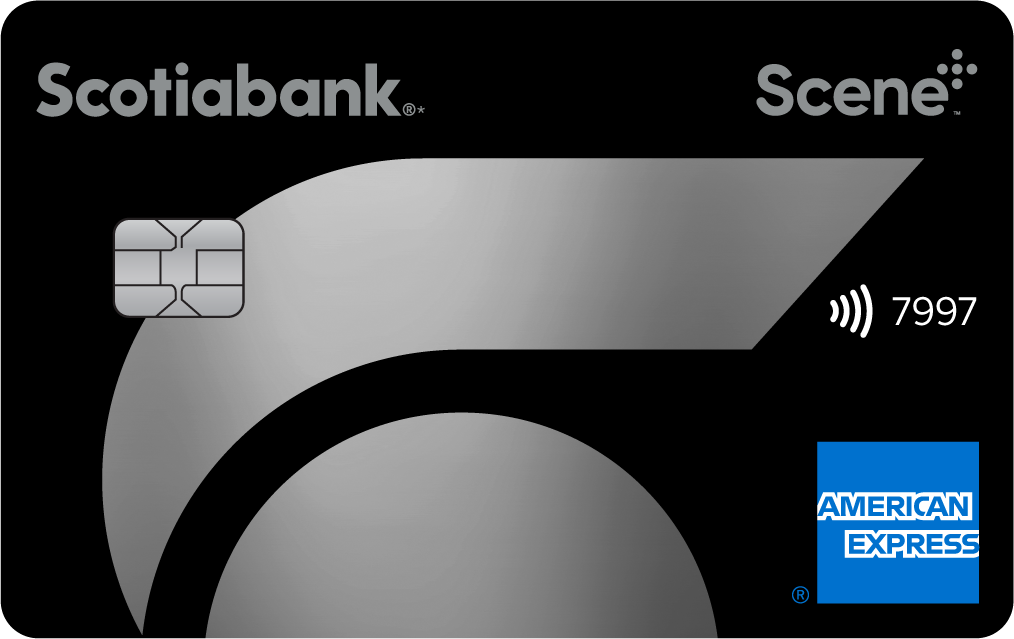
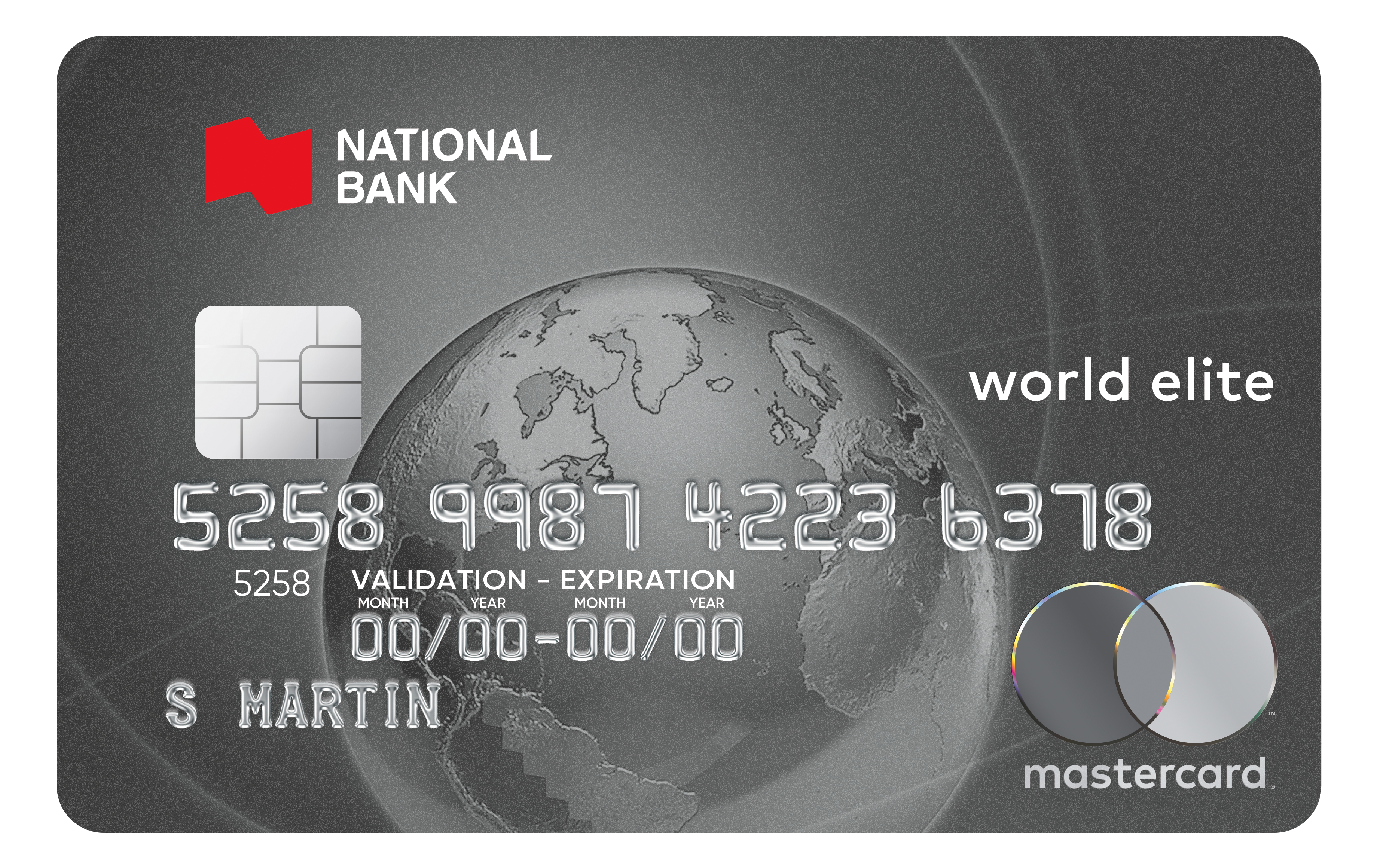



This post is terribly outdated. There are over 20,000 locals in Kihei alone, many thanked us for going in November 2024. You can google the cleanest air and water of all the USA is in Maui. The upper area that is highlighted in the map just above is all open. The shops in Ka’anapali gave us a 10% discount in November because they overheard we are Canadian and said thank you for coming and supporting us. Hotel staff, grocery store workers, snorkel companies, restaurant servers & owners all are thankful and welcoming to anyone coming so that the families living on Maui can be supported.
Hi, the post is clearly dated from August 2023 just after the fires.
